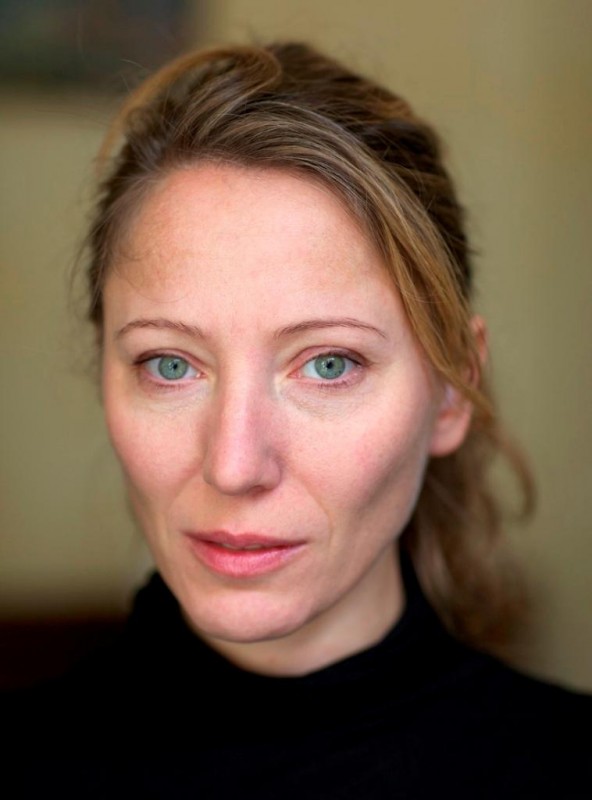KLI Colloquia are invited research talks of about an hour followed by 30 min discussion. The talks are held in English, open to the public, and offered in hybrid format.
Join via Zoom:
https://us02web.zoom.us/j/5881861923?omn=85945744831
Meeting ID: 588 186 1923
Spring-Summer 2026 KLI Colloquium Series
12 March 2026 (Thurs) 3-4:30 PM CET
What Is Biological Modality, and What Has It Got to Do With Psychology?
Carrie Figdor (University of Iowa)
26 March 2026 (Thurs) 3-4:30 PM CET
The Science of an Evolutionary Transition in Humans
Tim Waring (University of Maine)
9 April 2026 (Thurs) 3-4:30 PM CET
Hierarchies and Power in Primatology and Their Populist Appropriation
Rebekka Hufendiek (Ulm University)
16 April 2026 (Thurs) 3-4:30 PM CET
A Metaphysics for Dialectical Biology
Denis Walsh (University of Toronto)
30 April 2026 (Thurs) 3-4:30 PM CET
What's in a Trait? Reconceptualizing Neurodevelopmental Timing by Seizing Insights From Philosophy
Isabella Sarto-Jackson (KLI)
7 May 2026 (Thurs) 3-4:30 PM CET
The Evolutionary Trajectory of Human Hippocampal-Cortical Interactions
Daniel Reznik (Max Planck Society)
21 May 2026 (Thurs) 3-4:30 PM CET
Why Directionality Emerged in Multicellular Differentiation
Somya Mani (KLI)
28 May 2026 (Thurs) 3-4:30 PM CET
The Interplay of Tissue Mechanics and Gene Regulatory Networks in the Evolution of Morphogenesis
James DiFrisco (Francis Crick Institute)
11 June 2026 (Thurs) 3-4:30 PM CET
Brave Genomes: Genome Plasticity in the Face of Environmental Challenge
Silvia Bulgheresi (University of Vienna)
25 June 2026 (Thurs) 3-4:30 PM CET
Anne LeMaitre (KLI)
KLI Colloquia 2014 – 2026
Event Details

Register in advance for this meeting:
https://us02web.zoom.us/meeting/register/tZAqcu2vqDgrEtaoLohyQ2QVw3BZJUPXWB5S
After registering, you will receive a confirmation email containing information about joining the meeting.
Topic description / abstract:
Dehumanization (i.e. regarding certain people as not human or as less human) and essentialism are clearly connected, in everyday cognition as well as in the history of those sciences that study humans, and that have, as part of that, often naturalize(d) social inequalities. In the talk, I want to deepen the understanding of how essentialism and dehumanization generally connect (independent of sciences), in order to discuss with the KLI community – on the basis of the talk - how sciences (past and present) stabilize dehumanization.
Biographical note:
Maria Kronfeldner works in the philosophy of the life sciences and the philosophy of the social sciences and has published widely in these areas. She has been awarded The Karl Popper Essay Prize of the British Society for the Philosophy of Science and The Philosophical Quarterly International Essay Prize. From 2010-2014 she was Junior Professor at Bielefeld University. Earlier she held several fellowships, among them at the Max Planck Institute for History of Science in Berlin; at the Fishbein Center for History of Science and Medicine of the University of Chicago; at the Center for Philosophy of Science, University of Pittsburgh; and at the Sydney Centre for the Foundations of Science of the University of Sydney. She earned her PhD at the University of Regensburg in 2006.


